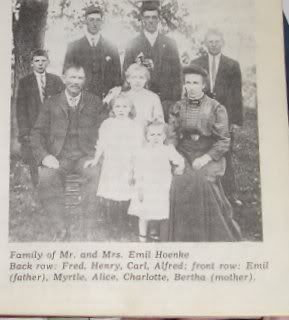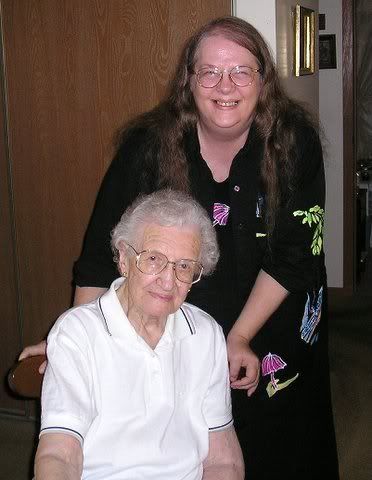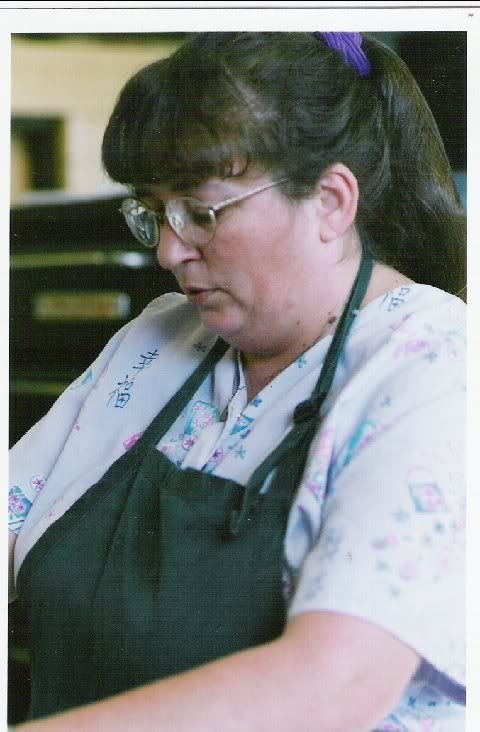PSY7540 - Multicultural u07.d01
Topic: Unit 7 DiscussionsDate: December 10, 2005 9:29 AM
Subject: Re:u07d1 Hispanic Americans
Author: Garvey, Ann
Last edited on: December 10, 2005 9:41 AM
Speaking in generalities, the cultural values of Hispanic/Latino Americans are their family traditions of loyalty, cooperation, and interpersonal relationships, strict child-rearing, respect and obedience to adults, religiosity, and strong friendships.
According to the 2004 Census (US Census Bureau, 2000), Hispanic/Latino Americans represent 14.2% of the population and 60% of this group descend from Mexico. Their approximate age is “almost 9 years younger than White Americans” and half of the families have four or more members. Hispanic/Latino Americans can be found throughout the US, though the majority live in large cities. Many have lower incomes and live in poorer housing with 40% of Hispanic American/Latino children living in poverty.
Aspects commonly shared with other cultures are stability found in marriage and parenthood and hierarchy of older people, parents, and males. Like other cultures they have strong feelings of belonging to their culture and ethnic identity. Concerning psychology, older influences of the culture might nurture the belief that mental imbalance is created through spirits or sins. Adults can be less open and self-disclosing in a therapeutic relationship and due to language barriers some of the children may show problem signs by high dropout rates and poor performance in school.
Life experiences that are unique or specific to Hispanic/Latino Americans include similarities of Spanish language and customs. The group shares the role of being the largest minority group in the United States. Although some Hispanic/Latino Americans are acculturated to White American values, others are not. Within the family unit, according to 2004 statistics, although three out of four Hispanic/Latino families have had parents who were married at the time of the survey, one out of every four of the younger households are reported to be lead by women. This group has more children out of wedlock than any other group. And, within the migrant workers group who are Hispanic, one out four infants die most often due to poor health circumstances. There are “Seven million illegal Mexican immigrants” (Sue, D. W. & Sue, D, 2003). This group represents the lowest socio-economic group and are known to receive little medical coverage, legal, or benefits services.
The affect of values, norms and life experiences in psychological counseling may indicate a need for the counselor to be strong and consistent. Males show machismo and anxiety in talking of personal issues such as sexuality. Females might exhibit signs of clinical depression and anxiety due to being overwhelmed by family and social issues. Traditional male dominant households may lead woman to not express anger or be assertive, and many women fall into the pattern of acting a martyr’s role like a Christian heroine. The conduct of children may also show a depressed affect, or materialize through being disorderly, substance abusive, or for females suicidal.
The motivation to seek therapy may vary, though poor self-esteem due to prejudice and poverty are common. There is sometimes a lack of good role models, or the role models might be negative, such as belonging to a gang. Husbands and wives may not share common interests with the exception of family socialization, but then there are stresses that go along with family obligations. Also, women may lead a family indirectly, but in these situations the spouses have shown to feel isolated and depressed with virulence only being a façade that lead to disempowered actions.
The perception of therapy is often a projection of role acceptance or lack of it with the therapist. Many of Hispanic American/Latinos have been “brought-up” not to outwardly question teachers or school administrators, but men have been seen to have difficulty responding to a perceived “lower position,” extended to them by authoritative agencies or staff in responding to “clients or patients.” Since males in the Hispanic American/Latino culture are expected to be strong and governing, credibility may also be lost on a female therapist, especially since; traditionally women have been perceived and validated in roles such as encouraging the family while maintaining passive selflessness. The independence of woman seen in White America might lead to thoughts from both Hispanic American/Latino women and men to believe the male is not strong, which affects greatly the building of relationships.
ReferencesSue, D. W. & Sue, D. (2003). Counseling the culturally
diverse: Theory and practice [4th ed.]. NY: John Wiley & Sons.
US Census Bureau. (2000). 2000 Census population & housing
[Electronic ed.]. retrieved November 25, 2005 from http://www.census.gov/main/www/cen2000.html
















